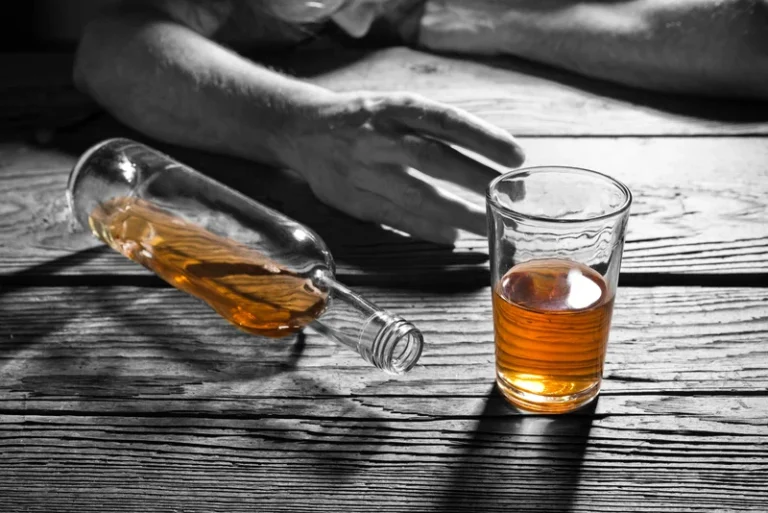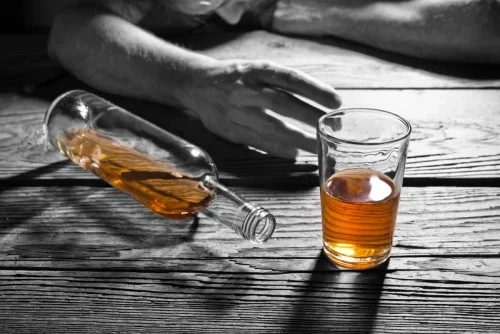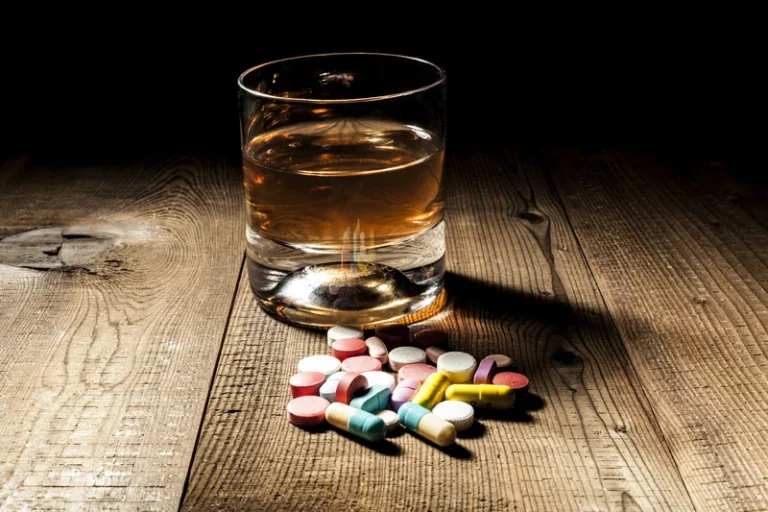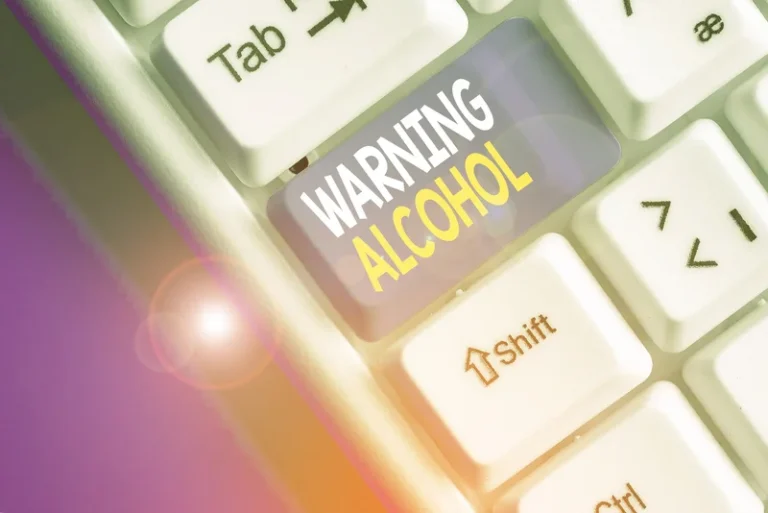Bei jedem Online-Erlebnis kann es zu Fragen oder Problemen kommen. Deshalb ist es wichtig, auf ein Support-Team zählen zu können, das schnell und kompetent reagiert. Die Erreichbarkeit unseres Teams ist durch verschiedene Kanäle gewährleistet, sodass Hilfestellung stets zur Verfügung steht.
Ob über den Live-Chat, der es ermöglicht, umgehend Antworten zu erhalten, oder durch unseren umfassenden FAQ-Bereich, in dem die häufigsten Anliegen bereits behandelt werden – die Problemlösung erfolgt stets zügig und effizient.
Die schnellen Antworten unterscheiden uns von anderen Anbietern und sichern unseren Nutzern ein stressfreies Erlebnis. Vertrauen Sie auf unsere kompetente Hilfe und erleben Sie einen Service, der die Bedürfnisse der Kunden an erste Stelle setzt.
24/7 Erreichbarkeit: Unterstützung jederzeit verfügbar
Das support-team von maxibet ist rund um die Uhr für Sie da. Egal zu welcher Tages- oder Nachtzeit, unsere kompetente hilfe steht Ihnen zur Verfügung, um Ihnen bei Ihren Anliegen und Fragen sofort zu assistieren.
Dank der vielseitigen Kontaktmöglichkeiten, wie dem live-chat, können Sie schnell Antworten auf Ihre Fragen erhalten. Unser engagiertes Team arbeitet ständig daran, die probleme, die Sie möglicherweise haben, effizient zu lösen.
Zusätzlich bietet unser faq-bereich eine umfangreiche Sammlung von Informationen und Antworten auf häufige Fragen, die Ihnen ebenfalls eine schnelle Klärung ermöglichen. Vertrauen Sie auf unsere 24/7 Erreichbarkeit und genießen Sie den besten Service im Bereich der Online-Unterhaltung mit maxibet.
Vielfältige Kommunikationskanäle: Telefon, E-Mail und Live-Chat
Um allen Anfragen gerecht zu werden, bieten wir verschiedene Kommunikationskanäle an. Das support-team steht über das Telefon bereit, um schnelle Antworten auf dringende Fragen zu geben. Dies ermöglicht unseren Nutzern, direkt mit einem kompetenten Mitarbeiter zu sprechen und sofortige Unterstützung zu erhalten.
Für weniger dringende Anliegen steht der e-mail-support zur Verfügung. Hier können Anliegen detailliert geschildert werden, und die Antworten kommen in der Regel zeitnah, da unser Team darauf ausgelegt ist, auch schriftliche Anfragen zügig zu bearbeiten.
Der live-chat ist eine beliebte Option, da Benutzer in Echtzeit mit einem Mitarbeiter kommunizieren können. Diese unmittelbare Erreichbarkeit sorgt für eine effiziente Lösung von Problemen und Fragen, die im Moment auftreten können.
Zusätzlich gibt es einen faq-bereich, der häufig gestellte Fragen abdeckt und sofortige Antworten bietet. Dies verschafft den Nutzern die Möglichkeit, eigenständig Informationen zu finden, ohne auf eine Antwort warten zu müssen.
Mit diesen vielfältigen Möglichkeiten garantieren wir, dass jede Anfrage schnell und kompetent bearbeitet wird, um ein durchweg positives Erlebnis zu gewährleisten.
Hilfreiche FAQs und Ressourcen: Selbstbedienung für schnelle Lösungen
In der heutigen schnelllebigen Welt ist es wichtig, dass Spieler in der Lage sind, schnell Antworten auf ihre Fragen zu finden. Unser FAQ-Bereich bietet eine Vielzahl von Informationen, die häufige Anliegen abdecken und so die Problemlösung unterstützen. Hier finden Sie Antworten auf die am häufigsten gestellten Fragen, die Ihnen helfen, Ihre Anliegen ohne Verzögerung zu klären.
Durch die kompetente Hilfe, die in unserem FAQ-Bereich bereitgestellt wird, können Nutzer selbstständig Lösungen erarbeiten, was zu einer höheren Erreichbarkeit der benötigten Informationen führt. Die klare Struktur und die leicht verständlichen Erklärungen ermöglichen es jedem, sich schnell zurechtzufinden.
Darüber hinaus steht unser E-Mail-Support jederzeit zur Verfügung, falls spezifischere Fragen auftreten sollten. Das support-team ist stets bereit, Anfragen zu bearbeiten und schnelle Antworten zu liefern, um sicherzustellen, dass alle Anliegen schnell und effizient gelöst werden können.
Zudem bieten wir diverse Ressourcen an, die Spieler nutzen können, um ihre Erfahrung zu optimieren und Probleme eigenständig anzugehen. Unsere umfassenden Hilfsquellen sind darauf ausgelegt, die Nutzerfreundlichkeit zu maximieren und die Zufriedenheit zu fördern.















